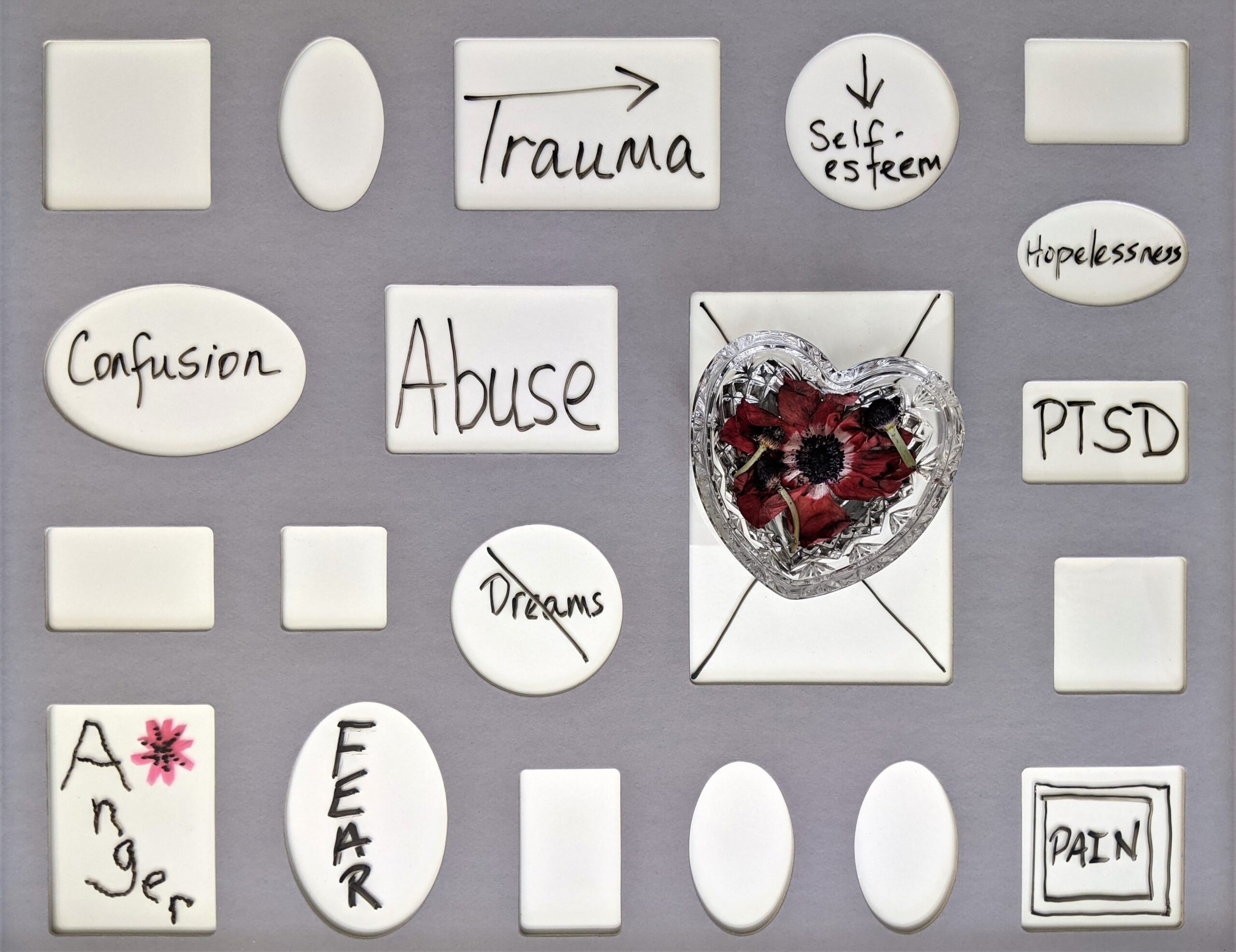What comes to mind when you hear the word “trauma?” Until fairly recently, most people thought of trauma as the exception rather than the rule. Trauma was thought to be tied to terrible events that happen to folks unlucky enough to experience them.
In the past few decades, there has been an important shift in this understanding, and we now know that trauma is more the rule than the exception. We’ve all experienced events, whether big or small, that have felt overwhelming, that we were fully unprepared for and that catapulted us and perhaps left us feeling stuck in a fight/flight or freeze response.
Trauma is the nervous system’s response to and the resulting emotions, thoughts, and behavioral patterns that arise as a result of distressing events that overwhelm a person’s ability to cope.
Trauma is not so much about what happened but more so how the event, events or what was missing impacts a person on an emotional level. Trauma is what happens as a result of the events.
Depending on our life experiences, neurobiology, support systems, coping skills and a myriad of other factors, how one person responds to a traumatic event may look very different than the next person.
It can be helpful to understand the difference between trauma from a single event and the “trauma pileup” that builds over time as a result of ongoing, repeated distressing experiences such as childhood abuse.
In my experience as a trauma therapist, it is quite rare that I see individuals who have only experienced one traumatic event in their life. More often, folks come to understand that it’s the “little t” traumas, such as the lack of emotional validation from a primary caregiver or ongoing and repeated microaggressions that have the most sting. This kind of trauma can be as much about what didn’t happen as what did.

So, how can you tell if what you’re struggling with is a result of trauma? Here are some clues:
- Feeling like you have to constantly be on guard (hypervigilance)
- Having repeated flashbacks and/or intrusive thoughts where it feels like you’re reliving the event or events
- Nightmares
- Avoiding people/places/situations that trigger thoughts/feelings/images of the event or events
- Physical symptoms such as dizziness or nausea
Chronic PTSD, or C-PTSD (the kind of trauma I see much more often, stemming from ongoing, chronic, repeated traumas) can also look like:
- Chronic feelings of shame and/or guilt
- Difficulty regulating your emotions
- Repeated and ongoing relationship challenges
- Feeling numb or “checked out”
- Addictive behaviors or substance abuse
Trauma symptoms can overlap with things like anxiety and depression, so it’s always a good idea to talk to a mental health professional to help clarify what you’re experiencing.

The good news is that humans are highly adaptable beings and healing is 100% possible. Just talking about it can help, but usually a person needs to go beyond verbal processing as trauma can get stuck or “frozen” in our bodies. There are many therapists now who work with healing trauma from a somatic, or mind-body level.
Therapies like EMDR, creative arts therapies and Internal Family Systems (IFS) all work to help an individual claim or reclaim a sense of safety, release feelings of shame and guilt, feel more in charge of their emotions and engage or re-engage with the people and things that matter most to them.
Are you someone who is struggling with the impacts of trauma? Know that you are not alone (according to one statistic, 1 in 13 Americans will develop PTSD in their lifetime) and that you don’t have to take on your recovery alone. Reaching out to a qualified trauma therapist can help you get started on the path to healing and ultimately transformation and growth.




0 Comments